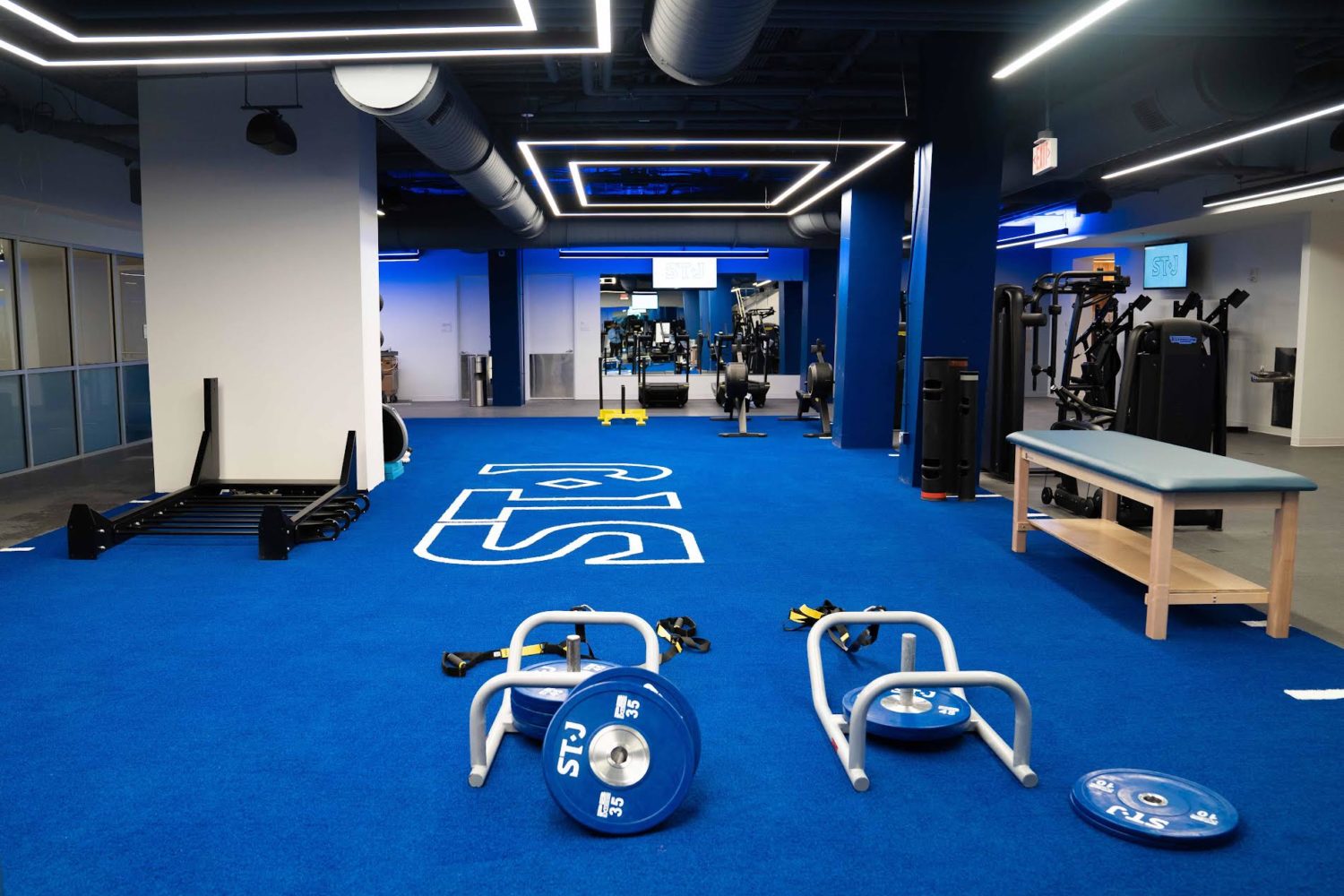Ask for recommendations.
If you know people who have been diagnosed with the same type
of cancer, don’t hesitate to ask their opinions of their doctors. “On my
drive home from my mammogram, I started calling friends who had recently
undergone treatment for breast cancer and started compiling a list,” says
survivor Tina Pruitt. Also ask your primary-care physician or a medical
professional whose opinion you trust.
Call your health-insurance company.
Your choice of doctors may be limited to those who participate
in your plan.
Use clinical societies as a guide.
The American Society of Clinical Oncology provides a list of
members at cancer.net that’s searchable by name, affiliation, institution,
location, specialty, and board certification. The American College of
Surgeons offers a similar database at facs.org.
Ask key questions of a prospective physician.
How many people with my form of cancer have you treated? What
were the outcomes—positive and negative? Why are you recommending this
course of action? Are there alternatives? Will you coordinate my complete
care or address one aspect of it?
Seek a second opinion.
Most physicians expect you to do so. You’ll feel more confident
proceeding with treatment that’s approved by more than one specialist.
Don’t be afraid to ask for your records, which you’ll need for other
consultations.
Decide whether you want a one-stop cancer center or individual
physicians.
The most important question may be whether to choose a hospital
and have all your treatments under one roof or to select an oncologist,
surgeon, and radiologist from different facilities. Choosing each member
of your team provides a sense of control, and once you decide on the first
physician (such as the oncologist), he or she will likely refer you to
other specialists. But the tradeoff is the often difficult task of
managing communication among doctors across different hospital
systems.
“I had 11 physicians, and I was the sole conveyer of
information,” says cancer survivor Jessie Gruman. “I was the one who
judged who should get what test results. It’s hard because at the same
time you’re sick, you have the burden of coordinating
communication.”



















